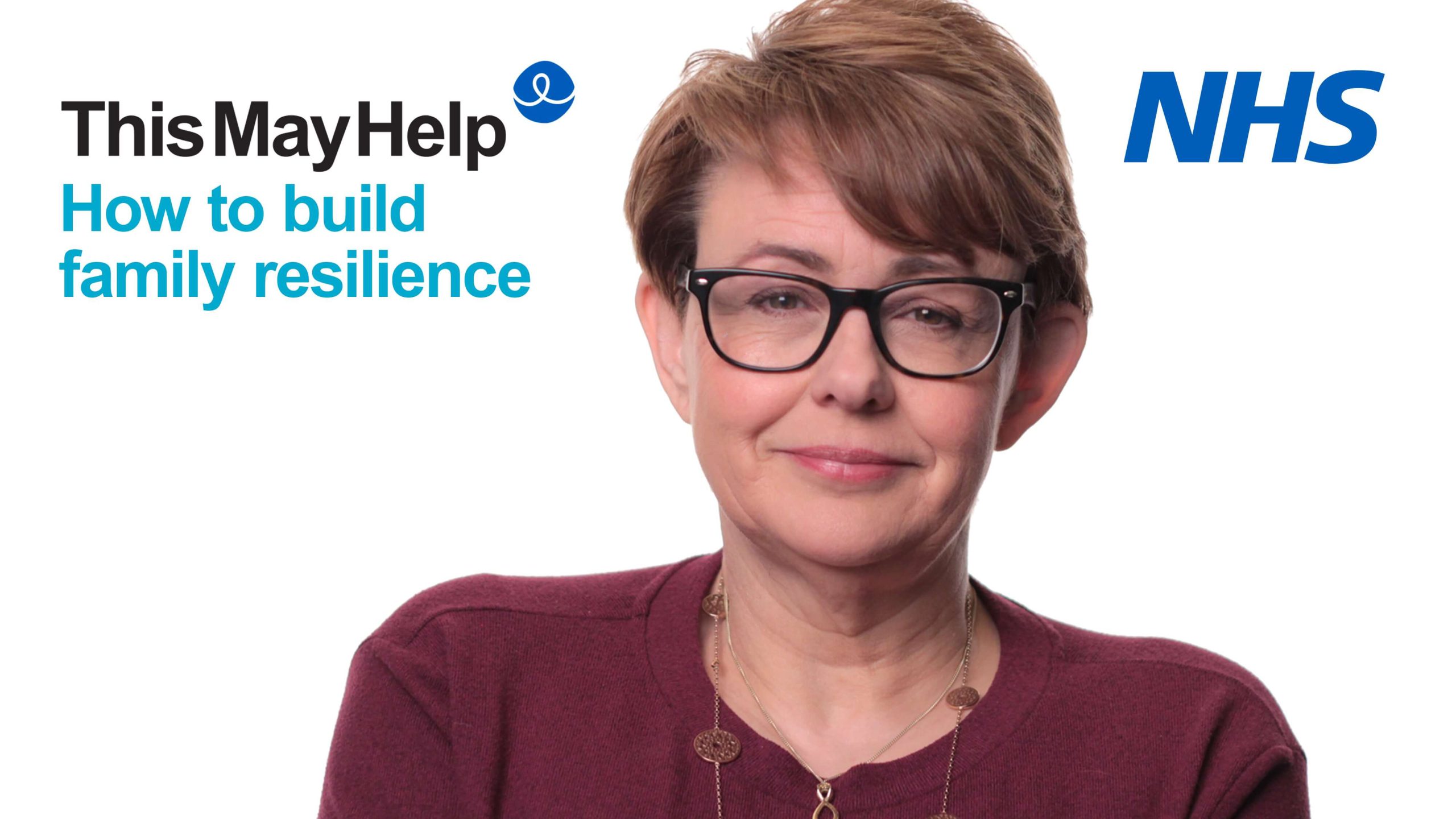As parents, it’s natural to be concerned about children and teenagers spending long periods at their computer or video gaming console. As it’s a fairly new phenomenon for most of us, we can’t rely so much on comparisons with our own childhood experiences, and it can be difficult to know exactly what is healthy and what might constitute a video game addiction.
In this video, Vernon Kaye shares guidance from NHS mental health professionals for parents concerned about their child’s video gaming and internet usage with five quick tips that may help.

More support
1. Try to see the positives
Although young people are spending more and more time online is a concern, they are also learning valuable skills that will serve them in their adult life.
Some positive aspects of video gaming
- Video gaming may seem pointless, but it puts the brain to work in a variety of ways that can improve perception, muscle control, memory, and spatial navigation.
- Many games are designed like complex puzzles and solving them can help young minds to develop problem-solving skills that will benefit them in the real world.
- The video games that people tend to enjoy most are those that are mentally challenging, which can help young people to learn to become more persistent in the pursuit of a goal and learn from mistakes along the way.
2. Moderation is key
As much as they might resist them, young people need boundaries, as they provide a sense of protection from harm but also allow them a degree of independence.
Guidance for setting boundaries on video gaming
- Experts struggle to agree on what limits should be set, but most agree that more than four hours without a break can be harmful to both mental and physical health.
- Research has shown that the brain operates in cycles, with each cycle lasting around 90-120 minutes. Focusing on one activity for longer than one cycle can cause fatigue and, over the longer term, reduce the brain’s productivity. This fits with many experts’ recommendation of a daily limit on video gaming of between one and two hours.
- Making agreements that include and prioritise other activities such as homework, exercise or helping with household chores can help you to find the right balance.
Signs that their video gaming may be unhealthy or have become an addiction
- Playing every day, devoting long periods or staying up through the night to play
- Neglecting schoolwork or other activities and responsibilities
- Moodiness and / or aggression, particularly with regard to boundaries
3. Prioritise a healthy lifestyle
Establish a routine that allows them a degree of freedom but also places a high priority on healthy living.
Guidance for integrating video gaming into a healthy lifestyle
- Establishing a routine of going to bed and waking up at the same time everyday connects us with our natural circadian rhythms, a healthy sleep pattern is the result, ideal for developing brains.
- Equally important are daylight and fresh air. Going without them for lengthy periods can have a negative impact on physical and mental health, so try to incorporate exercise and time outside into the daily routine if possible.
- Rest periods are also important during video gaming, and a good guide is 5 minutes break for every 45-60mins of play.
4. Be consistent
It’s important to include the child in any discussions you have about boundaries, and to make sure that the boundaries are realistic, reasonable and communicated clearly. Hold firm on the boundaries you agree.
Guidance for keeping on top of your child’s video gaming
- It’s important to be clear and explain to the child what the consequences of breaking the agreement will be. Some parents have found that the prospect of a period without the possibility of video gaming acts as an effective deterrent and encourages self-regulation.
- If they do break the agreement don’t just pull the plug as this might lead to resentment. Try to put your emotions to one side and remind them of the agreement and consequences for breaking it. Be clear about how they have broken it and what you plan to do about it.
- It’s normal for young people to use different strategies for pushing the boundaries, so try to be consistent and stick to agreements, as failing to do so will communicate that the boundaries aren’t important or are flexible.
5. Take an interest
Be aware that there can be predatory or exploitative dangers online. Talk to them about their activity and ask who they are communicating with. Trust your instincts.
Guidance for keeping on top of your child’s video gaming
- It’s important to establish and maintain an open an honest dialogue with your child about their online activity and video gaming from as early an age as possible as it is likely to be harder to do so the older they get.
- Try to engage them and get them to teach you about what they are doing. Some games might seem innocent but have a predatory design that encourages gambling type behaviour from an early age, so having an understanding of the mechanics of games can help you to keep on top of it.
- If you’re concerned about what they’re up to, you could move the console/computer into a more public space in the home until boundaries are respected and you’re no longer concerned.
- For more advice on keeping children safe online, visit our dedicated page
Some additional resources that may help
- NSPCC advice on Talking to your child about online safety
- NSPCC advice on Keeping children safe online





